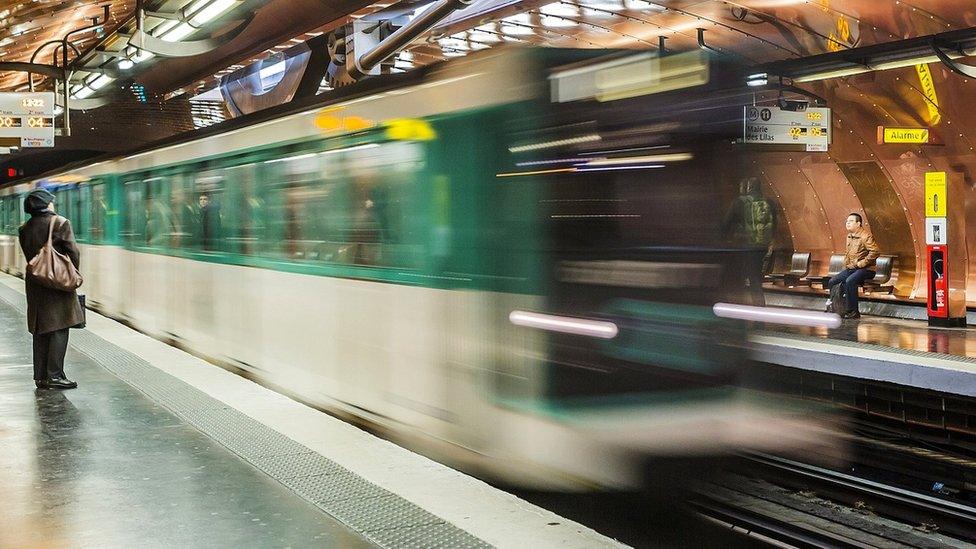Metro mayor says it is 'right' to study Bristol underground
- Published
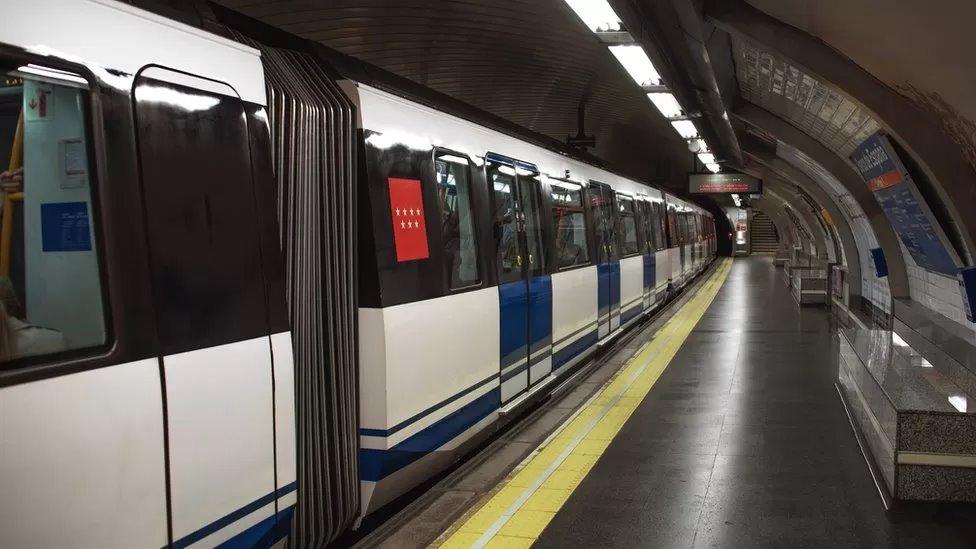
Weca metro mayor Dan Norris said it was unlikely the underground would be built due to high costs
The West of England metro mayor says it is "the right thing" to potentially spend millions on a study exploring the costs of a mass transport network for Bristol.
Dan Norris said looking at all options was "sensible" despite admitting the multi-billion pound project was "unlikely" to be built.
The study was first announced by Bristol Mayor Marvin Rees last year.
Mr Norris says the money has been "earmarked" but not yet "allocated".
He was questioned about the possible underground network by John Darvall on BBC Radio Bristol on 31 May, and asked if the West of England Combined Authority (WECA) was still going to potentially fund the study, which will explore the costs and benefits of building a light rail metro network.
Four lines are planned for Bristol, some of which would be built underground.
Mr Norris said: "What I want to do is allow that work to complete. At the moment we have to do a cost-benefit analysis of all the different options that are currently being considered, one of which is the underground system that Marvin's keen on.
"Underground [rail] is hugely expensive and the whole economic situation has changed.
"Governments have been giving money away to subsidise energy bills for us all, which is the right thing to do in my view, but means that money isn't there to build transport systems."
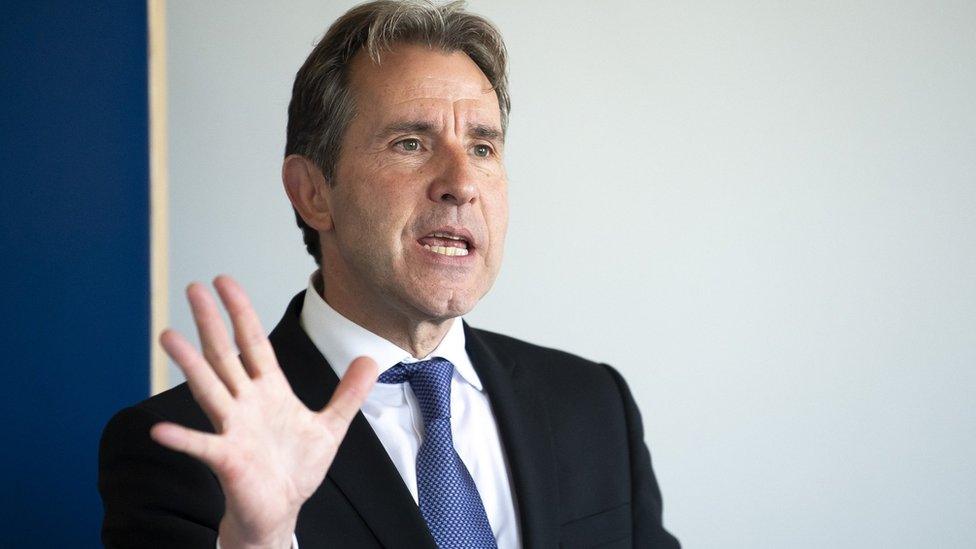
Mr Norris denied that WECA was "blowing millions of pounds" on exploring the costs of an underground network
Mr Norris added: "We've got enough money to carry on that work for now. I think it's so unlikely as to be not possible. I just think the cost is too vast based on the information we've seen so far.
"But we still continue to look at all the different options that are being considered, because that's the sensible and right thing to do.
"What we're not going to do is blow millions of pounds doing work if it's obvious that it's not the right thing. But I'm not committing any money to anything that isn't purposeful. If it's going to come up with a conclusion that I already know the answer to, then I'm not wasting that money."
Estimates for the total cost of an underground network have varied from £4bn to £18bn.
WECA said it had originally agreed to fund a Strategic Outline Business Case (SOBC), which would cost £7m.
In April 2022 it then earmarked another £10m to develop the outline business case (OBC) over the following 18 months, with the proviso that this would be reviewed in the autumn based on what the SOBC produced.
Any further spend would be based on negotiations with the Department for Transport (DfT), WECA added, as the government would end up investing in the network if the financial case could be made.
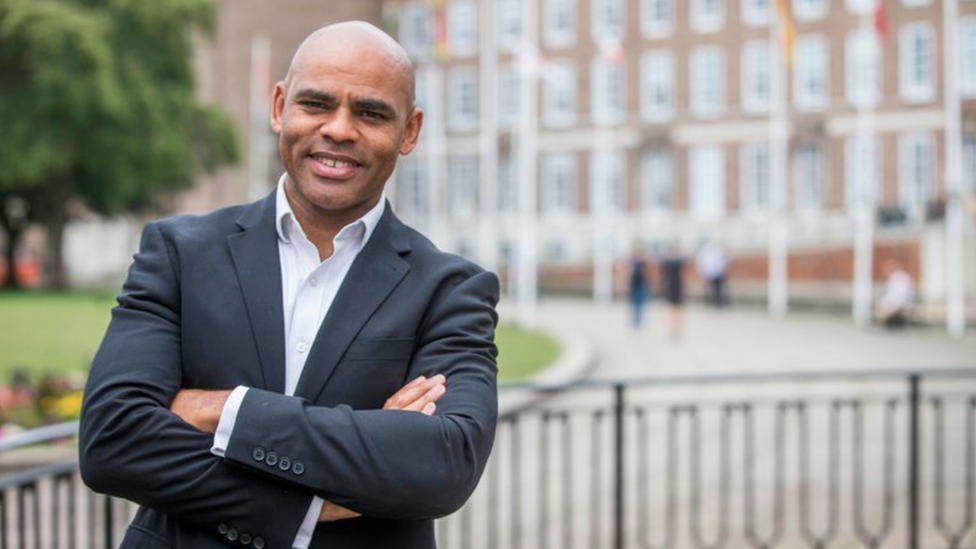
Marvin Rees second term as mayor finishes in May 2024
Mr Rees first announced plans for a Bristol underground in 2017, but six years later no construction work has begun.
Last month, Mr Rees said his flagship project might not survive after his second term running Bristol City Council ends in May next year.
But he pointed out that Bristol's population set to expand from 472,000 to 550,000 by the middle of this century and that during the day there are about a million people in the city.
"So whichever way we cut it up we need a transport system that transports masses of people around the city each day," he said.

Follow BBC West on Facebook, external, Twitter, external and Instagram, external. Send your story ideas to: bristol@bbc.co.uk
Related topics
- Published31 May 2023
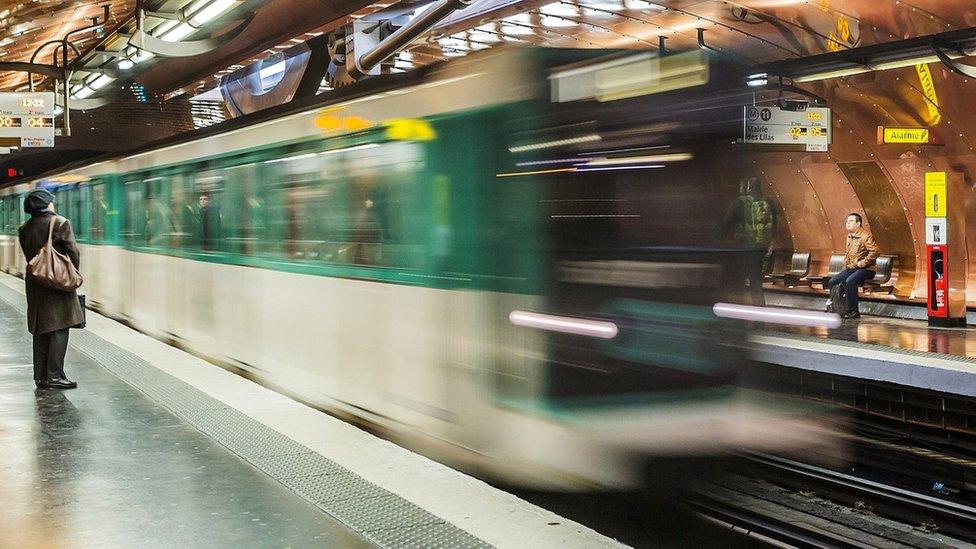
- Published15 March 2023

- Published24 February 2023
